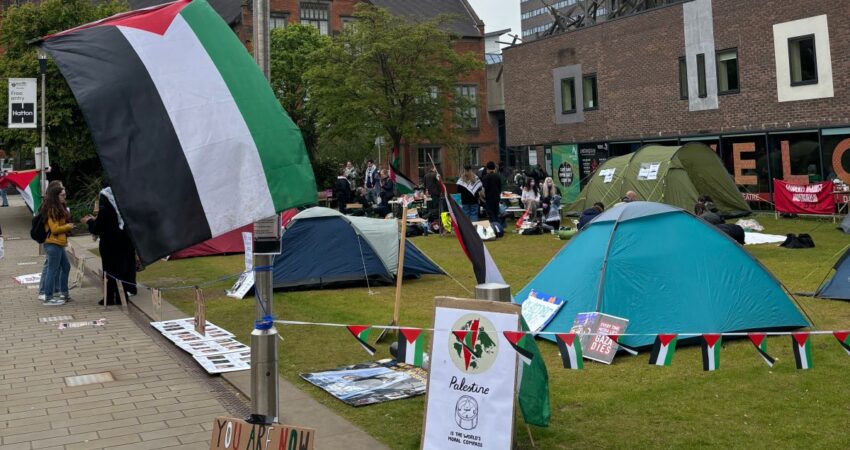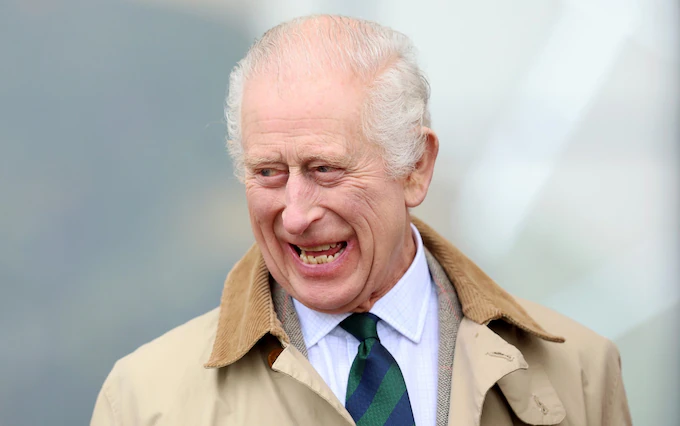In Leeds, Newcastle, and Bristol, students erected tents outside university buildings on Wednesday, appealing for donations of food, drinks, and hygiene products.
Elsewhere, student activists organized marches and sporadic protests.
At Warwick University, one group established a camp in the town’s piazza, intending to occupy it for a week.
These demonstrations in the UK mirror larger protests on American campuses, notably at Columbia University in New York, where over 1,000 protesters, including dozens arrested on Tuesday night, have occupied a building for nearly two weeks.
The Warwick protesters initiated their occupation because they felt the university had disregarded previous protests.
In a statement on a fundraising page, organizers expressed frustration at the lack of engagement from the university despite various forms of activism.
Warwick University responded by stating they were open to discussions with the protesters regarding their demands and emphasized the importance of freedom of speech.
The protesters are calling for their universities to divest from Israel in response to its military actions in the Gaza Strip, advocating for the severance of financial ties with Israeli companies.
Lewi, a participant at the Newcastle encampment, noted that around 60 students and staff were present, with plans for a rally later in the day. He highlighted the protesters’ commitment to democratic processes but stated their resort to indefinite encampment due to the lack of university engagement.
While inspired by the Columbia occupation, Lewi emphasized the distinctions in the UK protests, noting a generally less heavy-handed police response compared to the US. He underscored the importance of free speech and assembly in the UK context.








